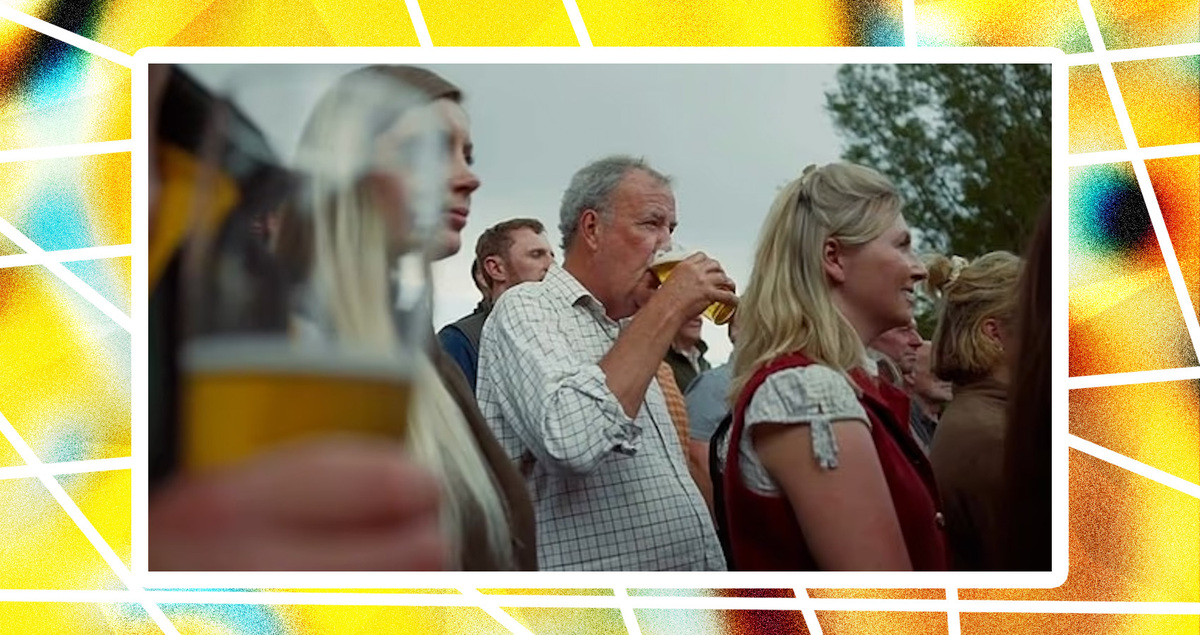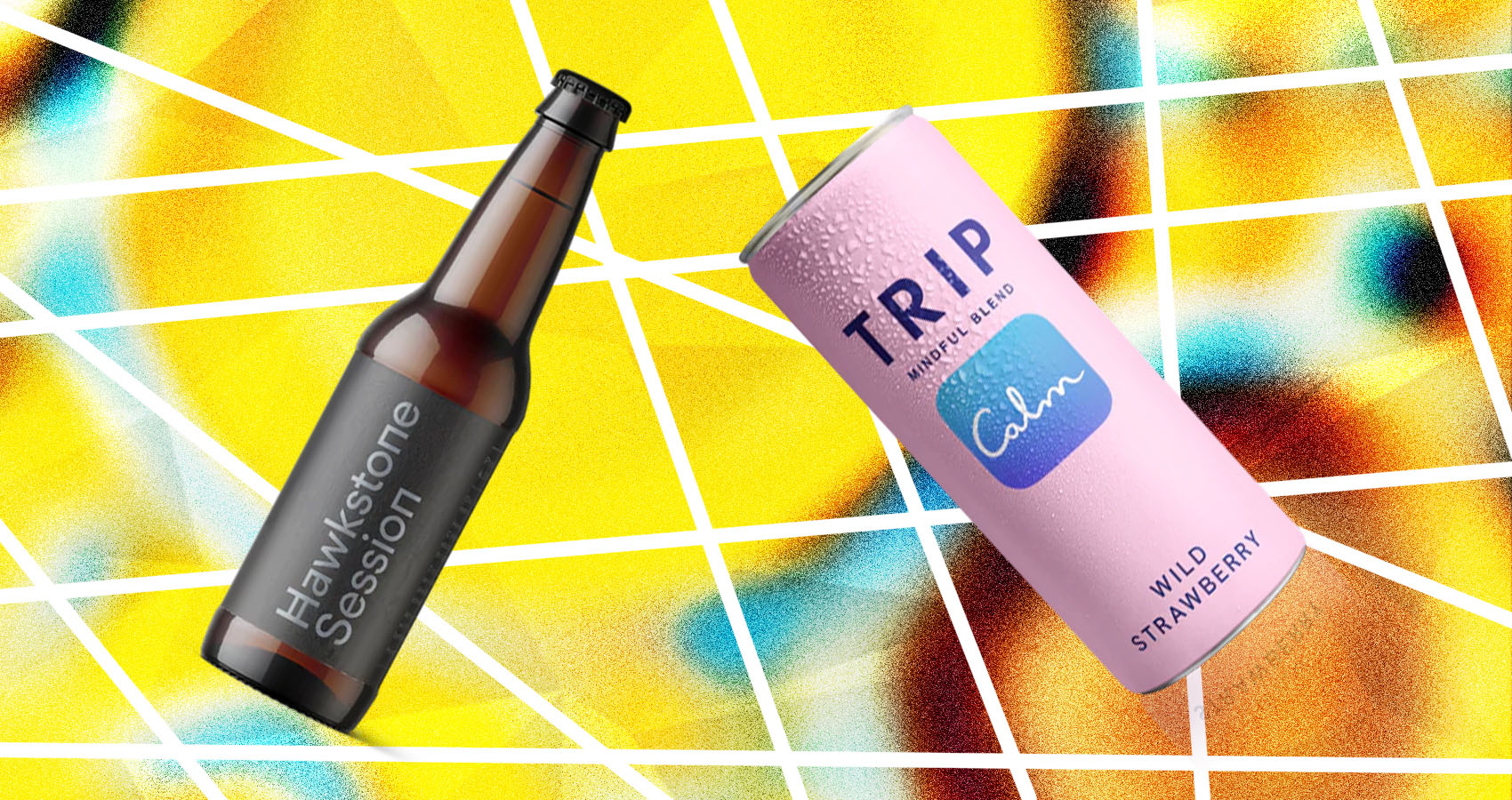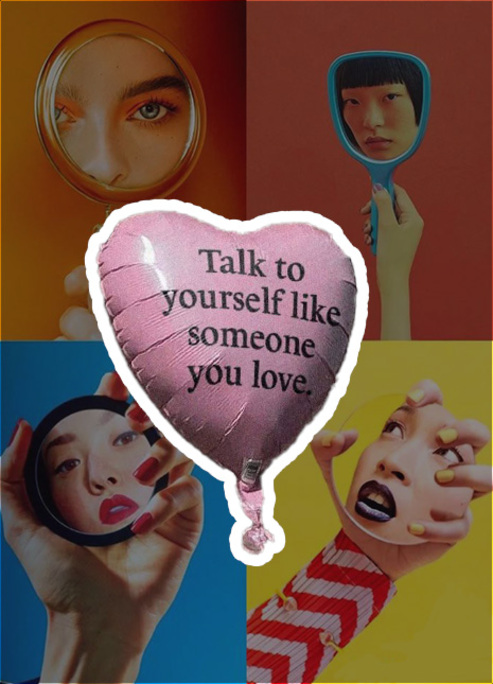Recent Banned Adverts That Got People Talking
Is all PR truly good PR?
In a world in which we are constantly being advertised to, pushing boundaries is a necessity to stay relevant. But sometimes, brands push a bit too far – finding themselves on the wrong side of the Advertising Standards Authority (ASA). Here’s a deep dive into a few brands whose ads got the chop – one that tanked trust, and one that turned controversy into marketing gold.
Take a Chill Pill – When Wellness Messaging Backfires:

Trip drinks, a sparkling, low-calorie, CBD-infused beverage, markets itself as a wellness beverage – suitable as a cocktail mixer, but also on its own! The notion of their health benefits is in the broad spectrum Cannabidiol, it contains a non-psychoactive compound of hemp that offers possible relaxation and pain relief without the ‘high’ associated with cannabis. This image is furthered by their sleek, pastel cans with natural, understated flavours including Elderflower Mint, Peach Ginger, Lemon Basil, and Raspberry Orange Blossom.
However, the ASA took issue with unauthorised claims that the drink is “crafted for calm”, in addition to assertions that it “contains 0g added sugar” (an inaccurate statement). The former claim is not permitted, as set out by the NHC, as it is untrue of the supplements found in the drink (Lion’s Mane extract, L-theanine and ashwagandha). Additionally, the implication that the drink could somehow alleviate anxiety, as a result of magnesium which lowers cortisol (a wellness-buzzword at the moment), similarly falls outside of NHC regulations. As a result, the ASA ruled that the ad must not appear in the same form again, and Trip has been told not to make claims that it's drinks could prevent, treat, or cure human disease.
While Trip promptly complied and adjusted its advertising, the falsity damaged brand credibility. Untruth in regards to health and nutrition, when the drink is targeted towards ‘wellness’, instead only creates customer distrust. This is definitely an instance of bad PR being just that: bad.
Swearing Farmers – When Getting Banned is the Strategy:

On the other hand, Jeremy Clarkson, never one to shy away from a headline, leaned fully into controversy with an ad for his lager brand, Hawkstone. This featured a choir of thirty-four British farmers performing a rendition of ‘Flower Duet’ from the opera Lakmé. Instead of the traditional French lyrics, the vocalists belted out, “F*** me, it’s good.
Over. And over. And over.
The ASA was, unsurprisingly, unimpressed and the ad was promptly banned from TV, radio and cinemas due to its explicit language.
While the former Top Gear star characterised the organisation as ‘fun police’ for banning the advert, moaning on social media that ‘for some extraordinary reason [the advert has] been banned’ – it should be argued that he is (successfully) relying on outrage for publicity. This is known on TikTok as ‘rage bait’: a manipulative tactic to raise engagement. Clarkson’s fanbase, generally speaking, overlaps with those who are indignant at any breaches in “free-speech”, and so the idea that his ad would be “censored” caused outrage (even though the word f*** was used literally over nine times). As a result, when he posted the advert to his social media, Clarkson’s musical masterpiece racked up over 500,000 views in a day. Furthermore, his controversially banned advert is being reported on by news publications, likely giving the brand even more publicity than if the advert had reached traditional platforms.












